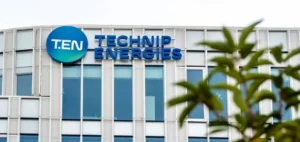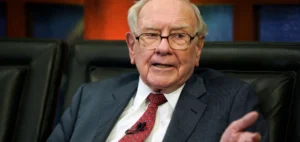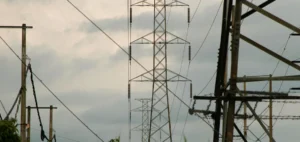The takeover bid for Japanese conglomerate Toshiba, worth around 2,000 billion yen (12.8 billion euros at the current exchange rate), which is significant in the technology sector, will be launched on Tuesday and will last 30 working days, according to a group press release issued on Monday.
Takeover bid in the technology sector: Toshiba accepts a €12.8 billion offer
This takeover bid by a consortium of Japanese companies led by the Japan Industrial Partners (JIP) fund will be made at the previously agreed price of 4,620 yen per share, a level slightly higher than Toshiba’s closing price on Monday (4,584 yen). The Group had already declared its support for the offer in March, and then announced in June that it would recommend its shareholders to subscribe.
To succeed, the takeover bid must garner at least 66.7% of Toshiba’s outstanding shares. In this case, the group will then be bought out at 100%. However, if this threshold is not reached, the takeover bid will be cancelled. The saga of the possible takeover of Toshiba has been going on for several years. For a long time, the company’s management had ruled out such a move, but last year, under pressure from the group’s many activist shareholders, resigned themselves to it. Toshiba, whose origins date back to the late 19th century, has long been a symbol of the triumph of Japanese industry and a benchmark electronics and technology brand for the general public.
Toshiba: A pioneer in trouble after Westinghouse’s accounting scandal and bankruptcy
But its power began to wane in the 2000s, and the coup de grâce came in 2015 with a huge scandal involving the misrepresentation of its accounts, followed by a series of financial setbacks such as the bankruptcy of its US nuclear subsidiary Westinghouse.
The pioneer of notebook computers and flash memory (a computer data storage system) owed its salvation to massive asset disposals and the opening up of its capital to foreign shareholders, who were far more interventionist than the Japanese institutional investors to which it was accustomed.
Toshiba also significantly lowered its annual net profit forecast on Monday, to 30 billion yen from the initial 70 billion yen. This would mark a year-on-year fall of 76%. The group posted a net loss of 25.4 billion yen (around 160 million euros) in the first quarter of 2023/24 (April-June), due in particular to the current difficulties of Kioxia, its former memory chip subsidiary in which it still owns some 40% of the capital.






















